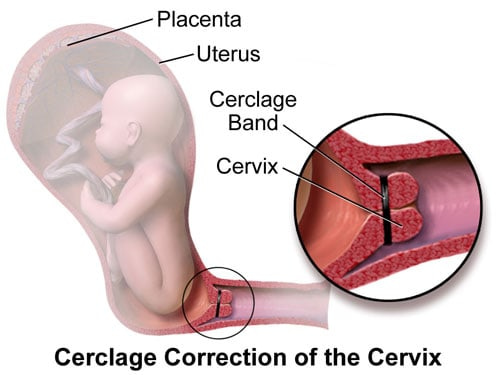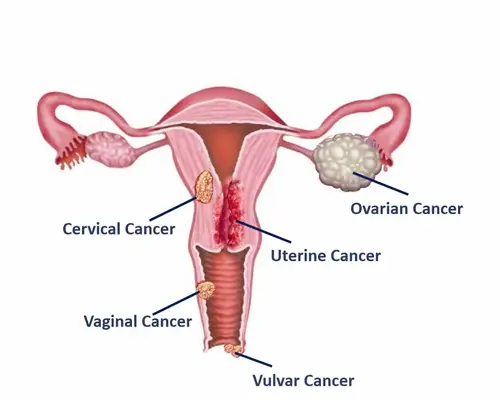Lifestyle changes play a crucial role in managing Polycystic Ovary Syndrome (PCOS). These changes can help improve symptoms, reduce the risk of complications, and enhance overall well-being. Here are lifestyle modifications that can be beneficial for individuals with PCOS:
1. Healthy Diet:
– Balanced Eating: Focus on a balanced diet that includes a variety of nutrient-rich foods, such as fruits, vegetables, whole grains, lean proteins, and healthy fats.
– Control Carbohydrates: Monitor carbohydrate intake, especially refined carbohydrates and sugars, as PCOS is often associated with insulin resistance. Choose complex carbohydrates with a lower glycemic index (GI).
– Fiber Intake: Include high-fiber foods like whole grains, legumes, and vegetables to help stabilize blood sugar levels and promote a feeling of fullness.
2.Weight Management:
– Weight Loss: Achieving and maintaining a healthy weight is often recommended, as even a modest weight loss (5-10% of body weight) can improve PCOS symptoms and insulin sensitivity.
– Regular Exercise: Engage in regular physical activity, such as aerobic exercises (walking, cycling, swimming) and strength training. Aim for at least 150 minutes of moderate-intensity exercise per week.
3. Stress Reduction:
– Stress Management: High stress levels can exacerbate PCOS symptoms and disrupt hormone balance. Practice stress-reduction techniques like deep breathing, meditation, yoga, or mindfulness.
4. Regular Sleep:
– Quality Sleep: Aim for 7-9 hours of quality sleep per night. Consistent, restful sleep can help regulate hormones and improve overall health.
5. Hydration:
– Adequate Water Intake: Drink plenty of water to stay well-hydrated, which is important for overall health and can help control appetite.
6. Limiting Processed Foods:
– Minimize Processed Foods:Reduce consumption of highly processed and sugary foods, as they can contribute to insulin resistance and weight gain.
7. Fats and Oils:
– Healthy Fats: Include sources of healthy fats, such as avocados, nuts, seeds, and olive oil, in your diet while minimizing trans fats and saturated fats.
8. Regular Meals:
– Regular Eating Schedule: Eat regular meals and avoid skipping meals to help regulate blood sugar levels.
9. Alcohol and Caffeine:
– Moderation: Limit alcohol consumption, as excessive alcohol can affect hormone balance. Be mindful of caffeine intake, which can affect sleep and stress levels.
10. Consult a Registered Dietitian:
– Consider working with a registered dietitian who specializes in PCOS and can provide personalized dietary guidance and meal planning.
11. Medication and Supplements:
– Follow your healthcare provider’s recommendations for medications or supplements, such as metformin or inositol, if prescribed to manage insulin resistance and regulate menstrual cycles.
12. Regular Medical Checkups:
– Schedule regular checkups with your healthcare provider to monitor your PCOS and address any related health concerns.
Remember that lifestyle changes should be implemented gradually and tailored to your individual needs and preferences. It’s essential to consult with a healthcare provider or a registered dietitian who specializes in PCOS to create a personalized plan and receive ongoing support for managing your condition effectively.
For more details, consult Dr. Kausha Shah one of the best Gynecologist in Dahisar.




